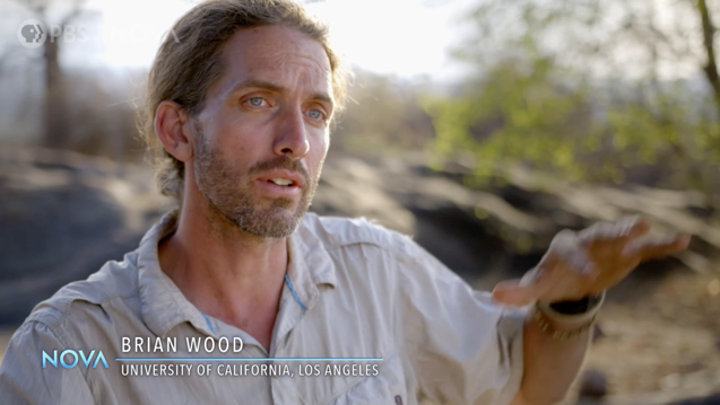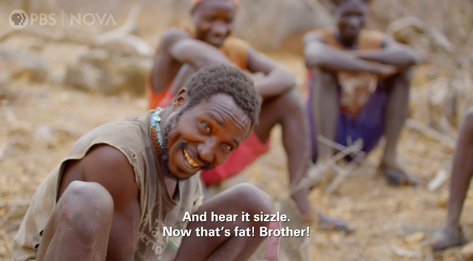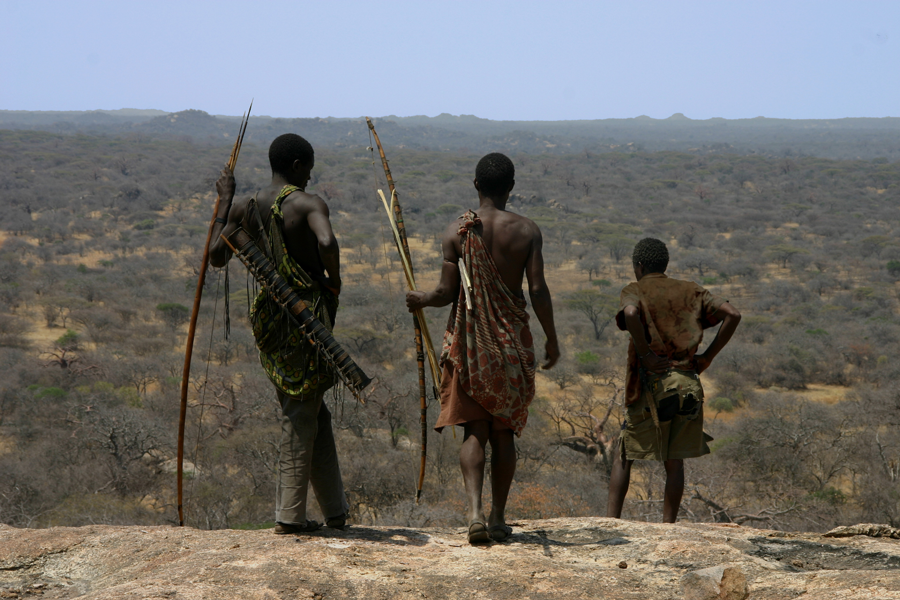News and Media
Study of chimpanzee lethal intergroup violence and its fitness consequences, published in PNAS.
Our new paper in PNAS shows that after Ngogo chimpanzees killed 21 members of neighboring groups and expanded into their territory, their fertility doubled and infant mortality dropped sharply. Using long-term demographic data from the Ngogo Chimpanzee Project, John Mitani, David Watts, Kevin Langergraber and I document, for the first time, the full causal chain linking lethal intergroup aggression, territorial expansion, and increased reproductive success in wild chimpanzees. Link to the paper.
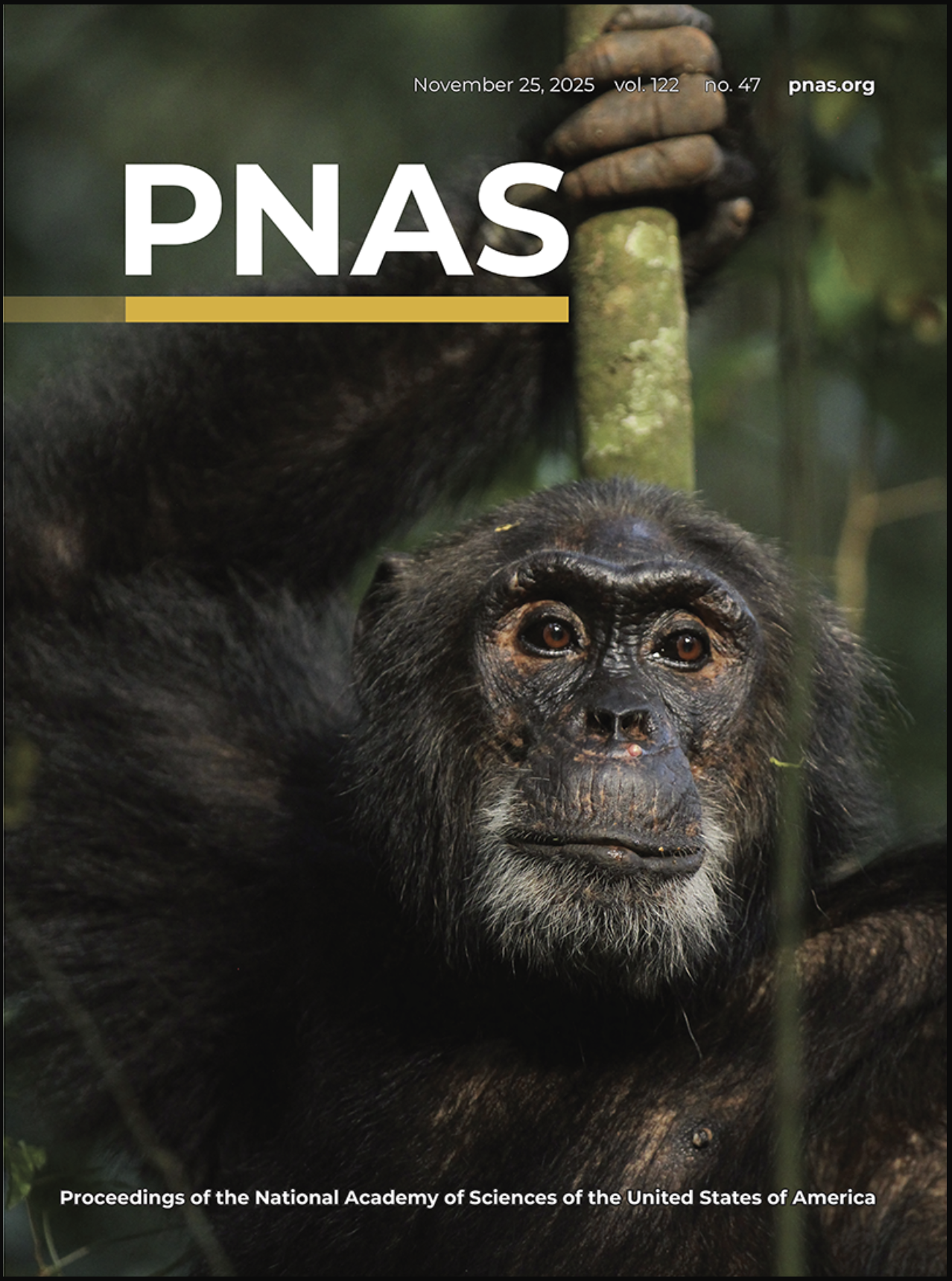
Garrisson graces the PNAS cover with looks that kill. Photographer: Kevin Langergraber
Study of human-honeyguide communication, published in Science.
"Culturally determined interspecies communication between humans and honeyguides" has just been published in Science, the happy culmination of a collaboration with my friend and esteemed colleague Claire Spottiswoode. The purpose of this study was to document cultural diversity in how honey-hunters in Africa communicate with the Greater Honeyguide, and gain knowledge about this partnership is maintained, by studying whether honeyguides learn to respond to the varying signals used in different human cultures, or are instead innately attracted to all such signals. Using audio playback experiments, we show that birds were 2-3 times more likely to respond to the signals used by local honey-hunters than to examples of foreign signals. This study demonstrates the bird's ability to learn distinct vocal signals that are traditionally used by different honey-hunting communities, expanding possibilities for mutually beneficial cooperation with people. We also address the question of why the Yao and the Hadza honeyguide-attracting signals differ, and how traditions of human-bird communication, in general, evolve. Link to the paper.
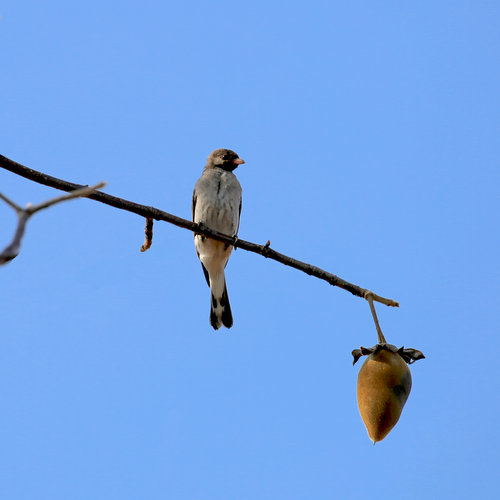
Two of my favorite things: a honeyguide and a baobab
Interviewed on CBC's Quirks and Quarks and NPR's All Things Considered and Shortwave
I had the pleassure of being interviewed by Bob McDonald on CBC's Quirks and Quarks to discuss honeyguides, honey-hunters, human evolution, and the wonders of all this (Humans communicate in several ways with birds who lead them to honey). Since this research is very much about sound, radio is ideal for learning about this work. I was also interviewed by Nell Greenfieldboyce on NPR for All Things Considered (Looking for honey? This African bird will heed your call and take you there) and featured on NPR's Shortwave (This wild African bird comes when it's called and then leads you to honey).


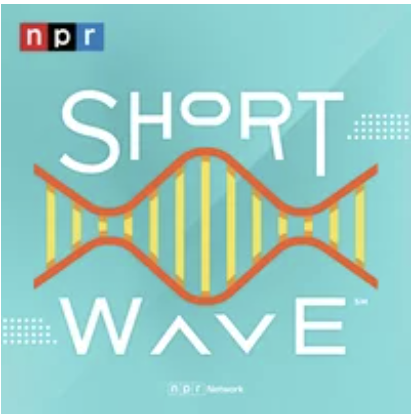
First evidence for menopause and substantial post-reproductive survival in wild chimpanzees, published in Science.
"Demographic and hormonal evidence for menopause in wild chimpanzees" has just been published on in Science, presenting a new perspective on wild chimpanzee demography and reproductive biology. Focusing on the Ngogo community of wild chimpanzees at Kibale National Park, western Uganda, this paper harnesses decades demographic observation coupled with a large sample of hormone measures. We show that at Ngogo, at around around age 50, females exhibit a steep increase in follicle stimulating hormone (FSH), and declining levels of estrogen, as is observed in human women undergoing menopause. We also show, using the demographic statistic Post-reproductive Representation (PRR), that Ngogo females spent ~20% of their adult years in a post-reproductive state. We dicuss ecological factors contributing to high survivorship to Ngogo, and evolutionary implications of our results. Link to the paper.
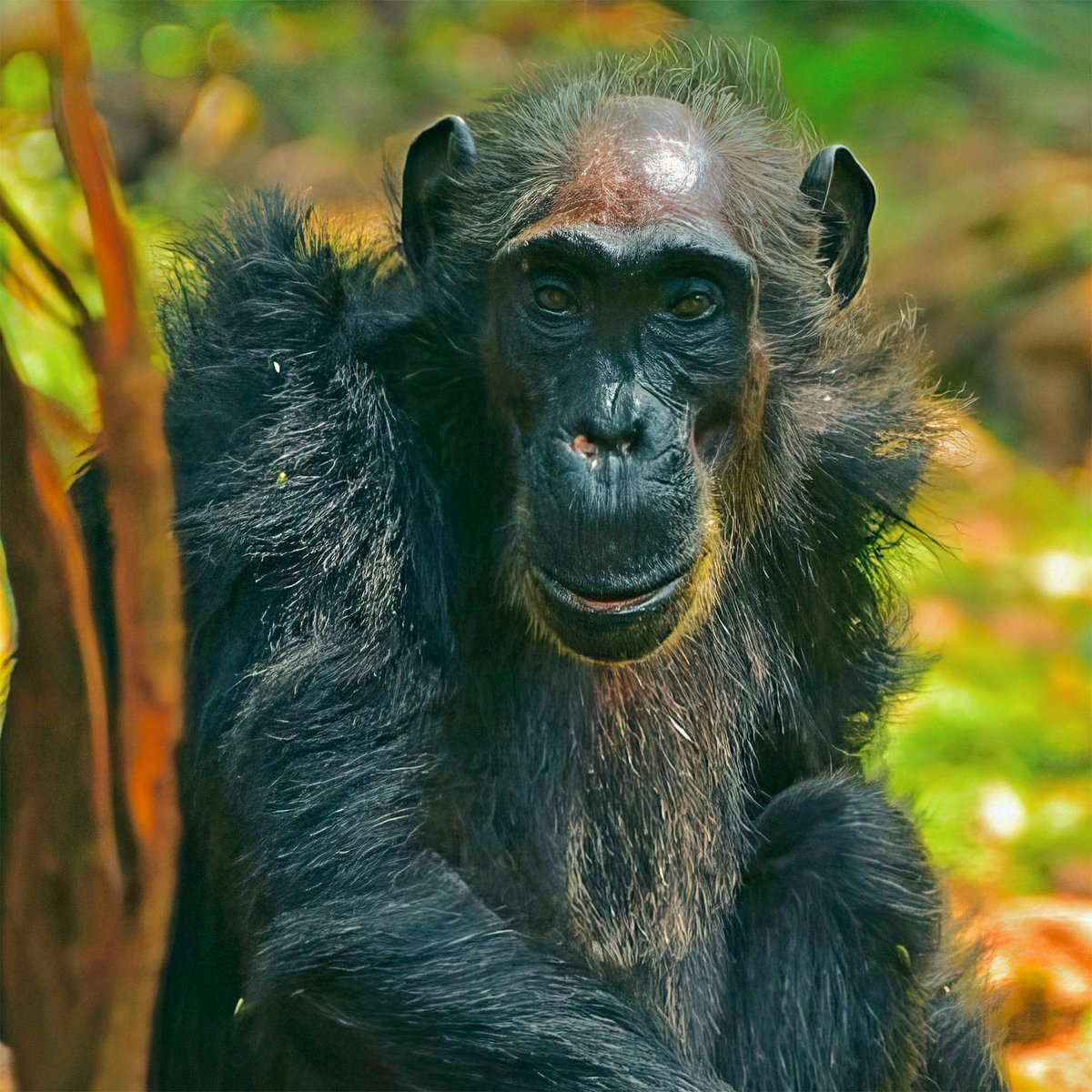
The great Marlene
On the beeb! Interviewed on the BBC World Service.
Kevin Langergraber and I were featured on the BBC's "Science in Action" radio show / podcast regarding our paper "Demographic and hormonal evidence for menopause in wild chimpanzees". Listen to the show here. Our study was also covered by National Geographic, The Washingon Post, Scientific American, The New York Times, Australian Broadcasting Corporation Science, Smithsonian Magazine, Haaretz, Le Monde, El Pais, and others.

New study of Hadza spatial behavior published in Nature Human Behaviour
Working with a wonderful team of collaborators, I've just published "Gendered movement ecology and landscape use in Hadza hunter-gatherers", a long-term study of Hadza spatial behavior, using the largest corpus of GPS data available for any hunter-gatherer society. This paper investigates how the sexual division of labor influences travel distances, step counts, landscape exploration, and sociality. We apply simple models in movement ecology to help make sense of the different ways that Hadza men and women use space. This paper also presents a host of new methods for collecting, analyzing, and representing spatial behavior using fine-grained GPS data.
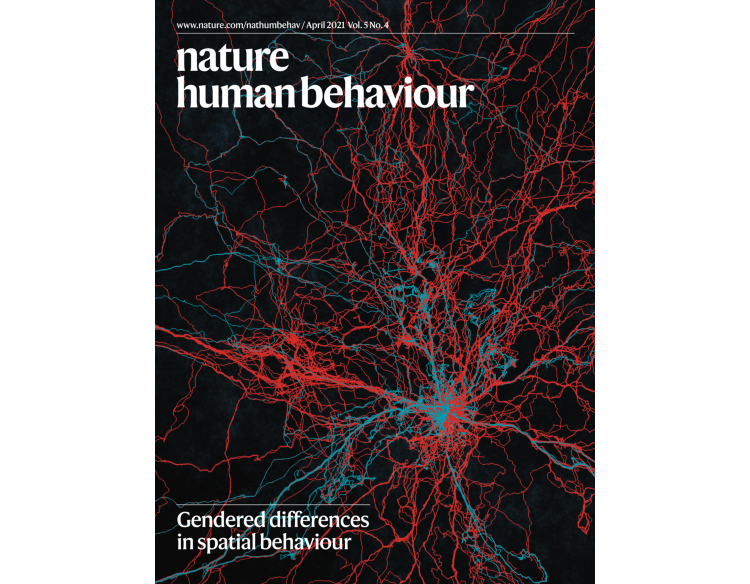
NOVA Documentary
The NOVA documentary The Truth about Fat was recently broadcast, and it includes a profile of some of my Hadza research, done in collaboration with my colleauges Herman Pontzer and David Raichlen. The documentary is a overview of the biological, social, and ecological forces structuring the global obesity epidemic. It was a delight to be featured by NOVA, a PBS series that I have loved since childhood.
During the short period that the NOVA film crew visited our research camp, the one and only Dofu Shandalua shot and killed an impala, a great stroke of luck (and hard work on Dofu's part). The world needs more Dofu, a very friendly man and captivating story-teller.
